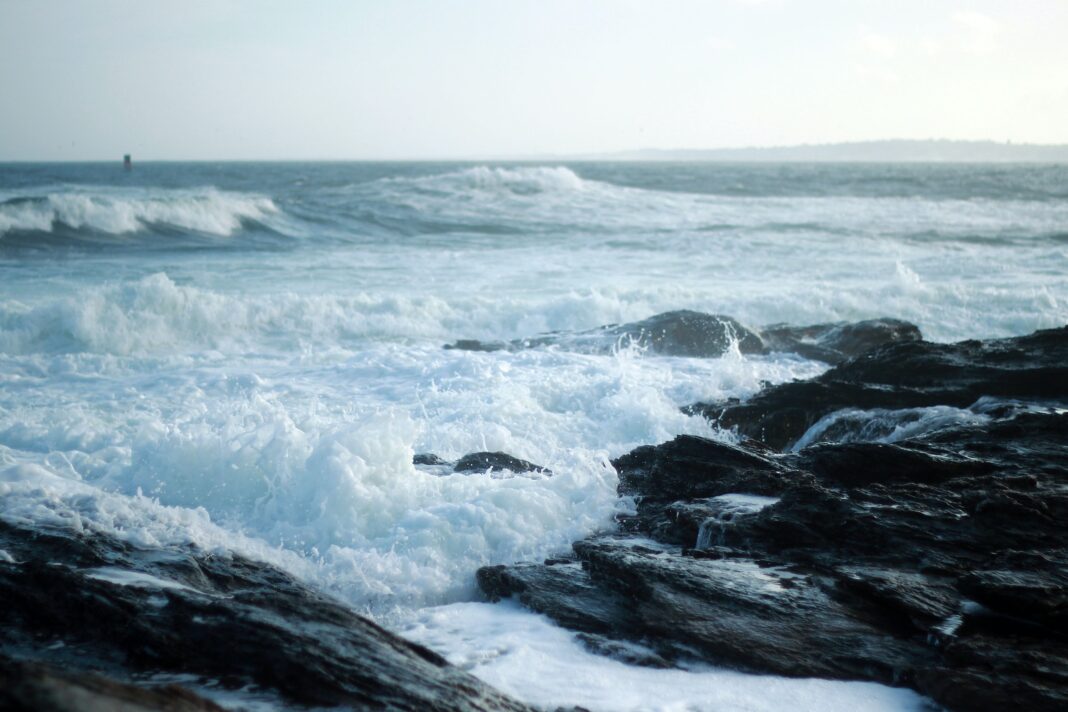SAN FRANCISCO—The San Francisco Fire Department published a tweet about a high surf advisory for the areas of Coastal North Bay, Point Reyes National Seashore, Southern Monterey Bay, and Big Sur Coast, San Francisco Peninsula Coast, San Francisco, and Northern Monterey Bay Counties.
“Large breaking waves of 18 to 24 feet are expected at west to northwest facing beaches Monday morning through Monday afternoon. Waves will continue to build overnight Monday through Tuesday with breaking waves of 25 to nearly 30 feet possible, locally higher at favored break points,” said the advisory from the National Weather Service.
The bad weather will begin Monday, January 4 and last thru Tuesday, January 5 at 11 p.m., with periods of “subsiding and building northwest swells” remaining throughout the week, the NWS indicated.
There is an increased risk of dangerous sneaker waves and a large shore break, which is why the National Weather Service said they issued a high surf advisory.
The advisory said temperatures in the seawater is cold “in the low to mid 50’s,” so San Francisco authorities are asking the public not go into the water.
“Coldwater drownings occur each year with these events but are avoidable by remaining a safe distance from the coastline,” the advisory states.
“Hypothermia is a medical emergency that occurs when your body loses heat faster than it can produce heat, causing a dangerously low body temperature,” states the Mayor Clinic on its website.
Some of the symptoms of hypothermia, the Mayo Clinic indicated are clumsiness or a lack of coordination, slurred speech or mumbling, shivering, slow and shallow breathing, a weak pulse, confusion or memory loss, low energy, and a loss of consciousness. Infants experience the symptom of bright red, cold skin.
“Someone with hypothermia usually isn’t aware of his or her condition because the symptoms often begin gradually,” the Mayo Clinic states.
Someone with hypothermia can also have confused thinking, which prevents self-awareness, and “The confused thinking can also lead to risk-taking behavior,” the Mayo Clinic added.
Authorities are asking for all inexperienced swimmers to not go into the ocean during this time because of the dangerous surf conditions and the cold ocean temperatures.




